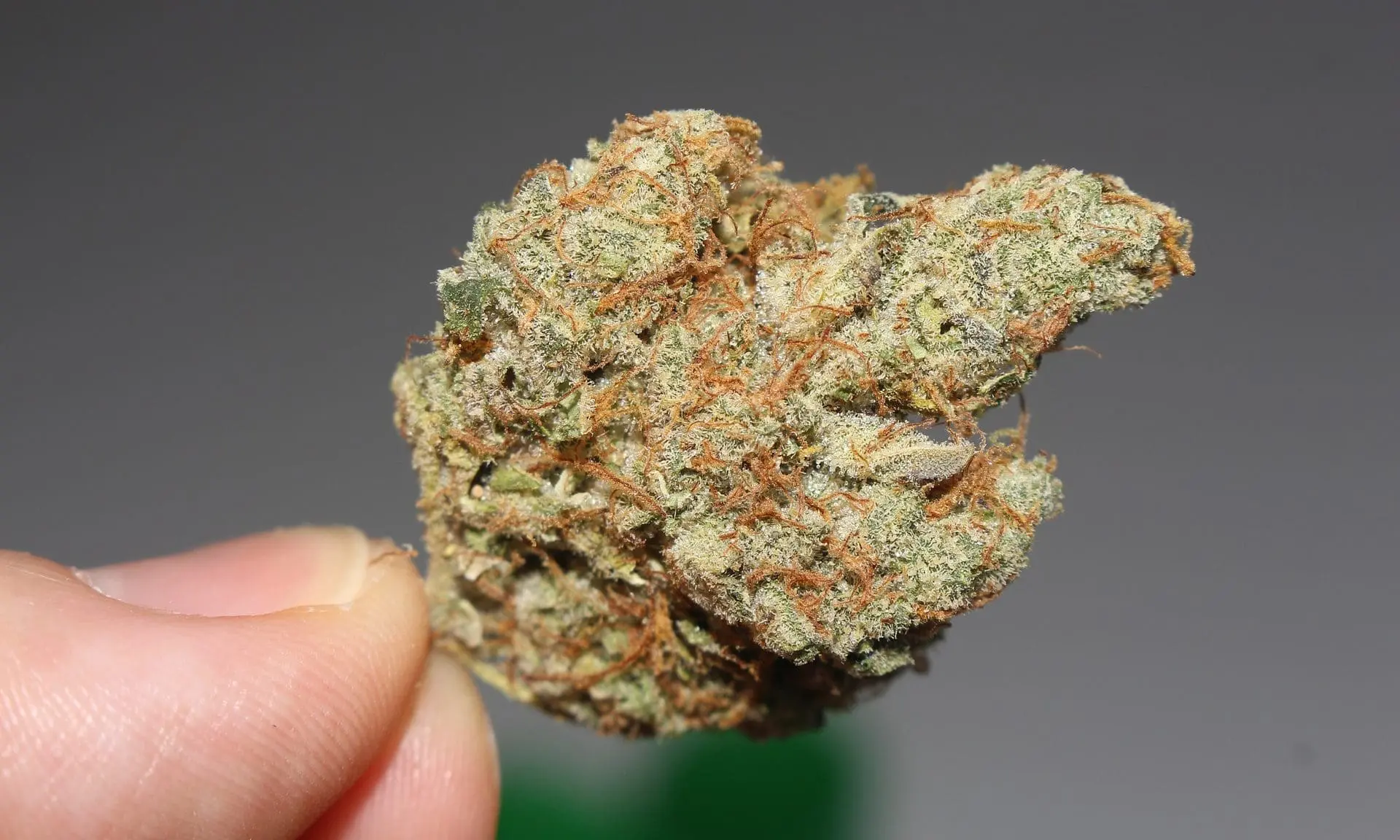Politics
New York Officials Take Steps To Expand Marijuana Farmers Market Program

New York marijuana regulators are moving forward with new proposed regulations around the state’s so-called “cannabis showcase” program, which allows licensed businesses to sell to consumers at pop-up, farmers market-like events.
Members of the Cannabis Control Board (CCB), which oversees the state’s Office of Cannabis Management (OCM), voted without opposition at a meeting on Tuesday to advance the 23-page showcase expansion plan, which next proceeds to a public comment stage.
The new rules follow the enactment of legislation signed by Gov. Kathy Hochul (D) in March that built on the existing showcase program, which was first created in 2023.
In a presentation to the board on Tuesday, John Kagia, OCM’s director of policy, said the program has “proved to be a particularly compelling way for the new, fast-growing, regulated cannabis market to get out in the community, to build relationships with consumers and to begin the process of normalizing cannabis in the state of New York.”
Between summer 2023 and the end of that year, he noted, New York saw over 60 showcase events that together brought in more than $10 million in revenue for participating businesses.
“It really established that there was real interest, both from the licensees and from the communities where these events were being hosted, to allow cannabis to exist out of the four walls of our retail dispensaries,” Kagia said.
New York initially authorized cannabis farmers market events in 2023, aiming to expedite consumer access to legal marijuana products while brick-and-mortar retailers were still being approved. After the program sunsetted in January 2024, Hochul signed legislation to revive the program last December.
The newly advanced rules would allow adult-use cannabis retailers or so-called “registered organizations”—medical marijuana businesses that in some cases can sell to adult consumers—to obtain permits allowing for the display and sale of legal products.
The events could occur at public markets, pop-up locations, existing cannabis business sites—for example a hemp store—as well as other locations, though only state-licensed cannabis retailers could apply for showcase permits.
Asked by CCB members about whether events might compete with brick-and-mortar retailers, Kagia said that while the new rules try to strike a balance, regulators are open to outside suggestions.
“This is part of the reason why we so welcome the public feedback,” he said. “This is a set of proposals that we tried to strike this balance between distance and not creating essentially a second dispensary that around the corner from an extended store.”
“We deeply encourage both the stakeholders in this room, the folks who are watching and particularly the municipalities,” he continued, “to weigh in on what they think would be best for the communities.”
Much like farmers markets, cannabis showcase events are intended to be temporary. Permits under the new regulations would be effective for no more than 14 days, and events themselves could last for no more than 14 consecutive days or more than 45 total days in a calendar year.
If a showcase event were going to host multiple cannabis retailers, a separate permit would be required “for each adult-use cannabis retailer seeking to locate an event at a pop-up, farmers’ market, or public market,” the proposal says.
Licensed cannabis businesses could participate in multiple events at one time—in part by partnering with showcase-permitted businesses—but could not receive permits for more than two showcases at a time.
With CCB’s approval of the resolution, the regulations will be posted on a government website and enter a public comment period, which “will take anywhere from 45 to 100-plus days,” Kagia said, “so the events will not be active for some time.”
As originally authorized, the showcase events were largely in response to the slow rollout of New York’s adult-use marijuana program, which faced multiple delays in implementation amid litigation and other matters.
But the state’s industry has gradually expanded, with officials in January touting $1 billion in total sales since the market launched.
Currently, there are 1,726 state-licensed marijuana businesses in New York, according to officials. That includes 52 new business license applications approved at Tuesday’s meeting. A number of other applications are still delayed as the result of litigation.
Separately in New York, Hochul earlier this month signed state budget legislation that did not include a controversial earlier provision that would have allowed police to use the smell of marijuana as probable cause that a driver is impaired and then force them to take a drug test.
Amendments made in the legislature removed the provision, which a coalition of 60 reform groups had argued in a letter to Hochul and top lawmakers would “repeat some of the worst harms of the War on Drugs” and allow law enforcement to “restart unconstitutional racial profiling of drivers.”
Historically, New York has been home to some of the country’s starkest racial disparities when it comes to enforcement of laws against marijuana. For example, Black people in New York City in the 2010s were more than nine times more likely to be arrested for marijuana possession than white people.
Meanwhile, a recent OCM report said the number of licensed marijuana retailers in the state grew by nearly threefold last year, fueling total sales in 2024 of nearly $870 million.
Including sales so far in 2025, New York’s legal cannabis market is now close to reaching $1.5 billion worth of purchases, OCM said late last month.
Ahead of the 4/20 holiday last month, regulators also rolled out a “higher education” campaign meant to provide adults with information about how to “make informed, responsible decisions about cannabis,” including how to locate state-licensed retailers.
The office also advises that “continued enforcement against the illicit market is critical to building a health regulated market,” pointing to what it describes as successful enforcement efforts in 2024. Last spring, for example, officials in New York City launched Operation Padlock, an enforcement initiative meant to shutter illegal storefronts. Within months, licensed shops that were open before the operation began saw sales climb 105 percent, according to an OCM survey.
Also last month, New York cannabis regulators and labor officials announced the launch of a workforce training program aimed at “providing comprehensive safety education to workers” in the state’s legal marijuana industry.
Separately, OCM’s press secretary recently indicated the office is working on plans to expand permitting and licensing rules that could allow adults to buy and consume marijuana at movie theaters. Authorizing sales of cannabis products at theaters would set New York apart as it continues to build upon the state’s legalization law.
State officials also recently launched a grant program that will award up to $30,000 apiece to retail marijuana businesses to help cover startup costs.
Also, earlier this year, a collective of businesses licensed under the CAURD program called on Hochul to forgive tens of millions of dollars in high-cost loans issued under a governor-created social equity loan fund.
Assembly Majority Leader Crystal Peoples-Stokes (D) said in December that there’s a need to extend financial aid to CAURD license holders, many of whom are struggling under the high-cost loans.
Critics—including the NAACP New York State Conference, Black Cannabis Industry Association, Minority Cannabis Business Association, Service Disabled Veterans in Cannabis Association, Drug Policy Alliance, NYC NORML and VOCAL-NY—wrote to the governor earlier that month to express dismay at what they described as marijuana regulators’ “efforts in service of big corporations at the expense of small business and equity outcomes.”



